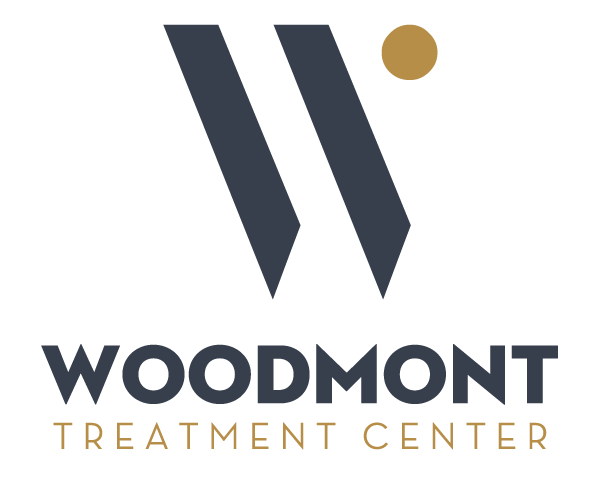Watching a loved one struggle with addiction can be one of the most painful experiences a person can go through. You want to help a loved one enter rehab and reclaim their life, but approaching the subject of rehab can feel daunting. You may worry about saying or doing the wrong thing, inadvertently creating friction, or pushing them away entirely. While addiction recovery is a deeply personal journey, your support and encouragement can play an essential role in helping your loved one take that vital first step toward sobriety.
In this article, we’ll discuss empathetic ways to guide a loved one toward rehab while preserving your relationship and trust.
Understand Addiction First
Before discussing rehab with your loved one, take time to educate yourself about addiction. It’s a complex disease—one that affects the brain, emotional well-being, and behavior. Many individuals struggling with substance use disorder may feel isolated, embarrassed, or defensive, especially if they believe their actions have damaged relationships.
Understanding that addiction is not a moral failing but a medical condition will help you approach the conversation compassionately. When you’re empathetic and informed, you’re more likely to communicate in a way that resonates positively with your loved one.
Choose the Right Moment
Timing and environment matter when talking about sensitive subjects. Find a quiet, stress-free space where the conversation can unfold without distractions. Avoid raising the topic during arguments or moments of tension.
Wait for a time when your loved one is relatively calm and sober. If they’re overwhelmed, intoxicated, or agitated, they may be less receptive to your suggestions or interventions.
Practice Nonjudgmental Communication
Approach your loved one with warmth, understanding, and care. The goal is to have an open conversation rather than deliver an ultimatum. Speak using “I” statements rather than “you” accusations. For example:
- Say: “I’ve noticed that things have been tough for you lately, and I’m worried about you.”
- Avoid: “You’re ruining your life, and you need to fix this right now!”
Using gentle language emphasizes your support instead of blame. It creates an emotional safe zone where your loved one can honestly open up about their struggles without fear of judgment.
Share Your Concerns Honestly
To help a loved one enter rehab, you first need to explain why you’re worried, but focus on how their actions impact your emotions rather than criticizing their behavior. You might say, “I feel heartbroken seeing you struggle, and I care about your health and happiness,” rather than listing their mistakes or negative consequences.
Harnessing honesty with compassion allows you to express your feelings without provoking shame or defensiveness.
Listen First, Offer Solutions Second
Sometimes, the most powerful way to lead someone to rehab is simply by listening. Addiction often stems from pain—trauma, anxiety, depression, or loneliness—that your loved one may not fully understand themselves.
Let them share their feelings in their own way, and avoid interrupting or offering unsolicited advice until they’ve had the opportunity to speak. When you show genuine interest and empathy, you build trust and make it easier to suggest professional treatment later in the conversation.
Focus on Professional Help, Not Fixing the Problem Yourself
One of the most important things to remember is that you cannot heal your loved one’s addiction yourself. Rehab is specifically designed to provide medical, emotional, and therapeutic care that goes far beyond what friends and family can offer.
Explain to your loved one that treatment centers like Woodmont Treatment Center of New Jersey have the tools, experience, and expertise to guide them toward lasting recovery. If possible, share specific benefits of rehab, such as access to detox programs, therapy, peer support, and holistic treatment options—all within a safe, judgment-free environment.
Avoid Enabling Behavior
It’s natural to want to shield a loved one from the consequences of their addiction, but enabling their destructive behavior can prolong their struggle. Financial assistance, cleaning up after their mistakes, or making excuses for them may inadvertently take away their incentive to seek help.
Set healthy boundaries while emphasizing your unconditional love and support. For example, instead of loaning money, offer to research rehab options together. Putting their health and recovery first creates a clear path toward professional treatment.
Be Prepared for Resistance
It’s important to understand that resistance to change is common, especially when confronting a lifestyle tied to addiction. Your loved one may deny their addiction, dismiss your concerns, or insist that they can quit on their own.
If they are hesitant about rehab, avoid pushing them too hard. Overwhelming them with pressure can backfire. Instead, plant the seed of change and let them know you’re there if they need help. Be patient—sometimes it takes multiple conversations for someone to accept the idea of treatment.
Build a Support Network
Helping a loved one enter rehab doesn’t have to be a solo mission. Bring trusted friends, family members, or even addiction experts into the conversation when appropriate. A unified, loving approach shows your loved one that their circle of support is wide and unwavering.
Consider consulting rehab professionals to guide you through the process. Many treatment centers, like Woodmont, offer family resources and education programs to help loved ones navigate these emotionally charged moments.
Help a Loved One Enter Rehab Today From The Experts at Woodmont Treatment Center of New Jersey
Helping a loved one take the first step toward rehab isn’t always easy, but it’s one of the most powerful gifts you can give them. Through empathy, patience, and an unwavering belief in their capacity for change, you can inspire hope without jeopardizing your relationship.
At Woodmont Treatment Center of New Jersey, we understand the complexities of helping a loved one confront addiction. Our expert team is dedicated to providing safe, compassionate, and effective treatment tailored to each individual’s unique needs.
Don’t wait to make a difference. If you’re ready to explore how Woodmont Treatment Center can help your loved one achieve recovery, contact us today. With quality rehab available right here in the Tristate area, a fresh start is closer than you think.


























